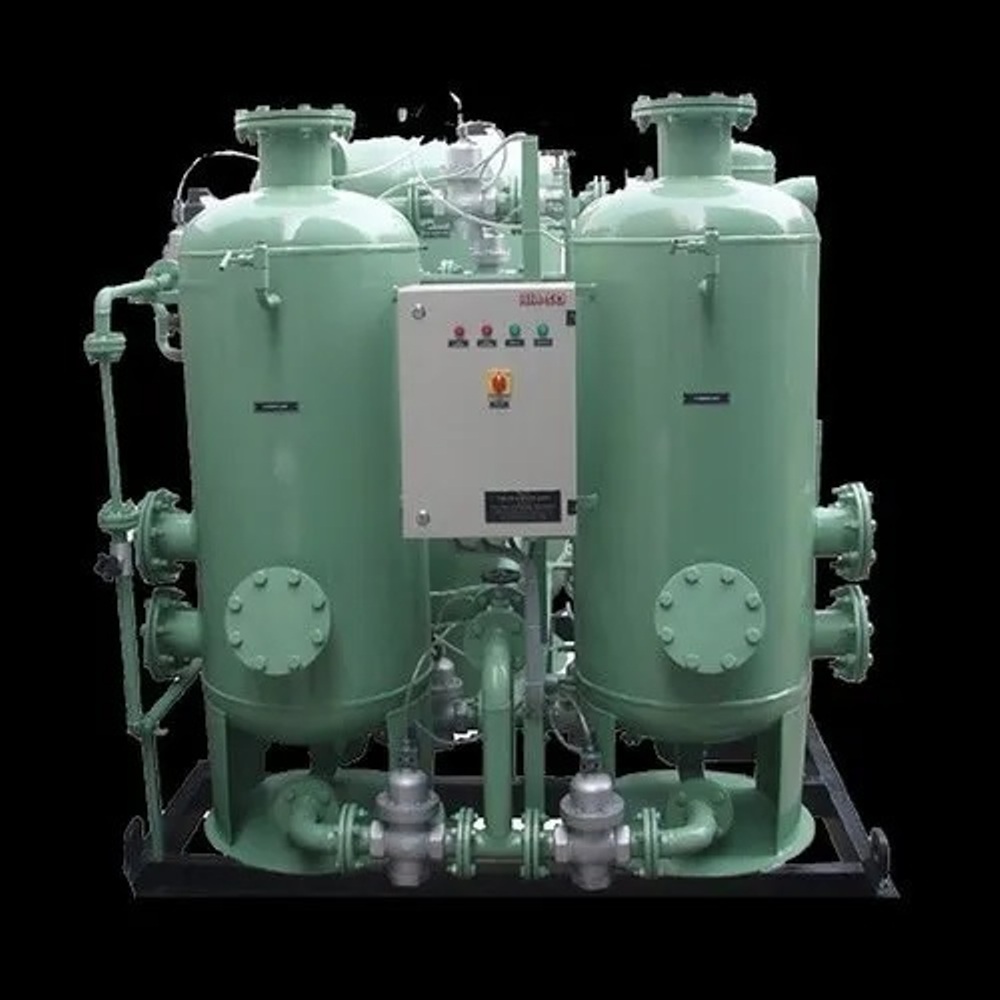
The global market for rheumatoid arthritis treatments is expected to grow at a CAGR of...
Learn More
Our consulting solutions address company specific challenges with respect to micro environment...
Learn More
Organizations frequently need day-today research guidancein order to gain strategic...
Learn More
Exploring different areas of market research and market analysis is a key factor...
Learn MoreAcute Market Reports presents the most extensive global business research services across industries. Our research studies focus on potential outcomes, benefits, and risks associated with each market segment across geographies. Having served our global clients for more than 10 years, our prime priority is to enable our clients in making well-informed business decisions through a data-driven, analytical, and uncomplicated research approach.
We provide access to the world's most comprehensive, analytical, and updated business intelligence services and solutions.




The hydrogen generator market is expected to grow at a CAGR of 7.2% during the forecast period of 2025 to 2033. Hydrogen generator market is pivotal in the evolving energy landscape, primarily driven by the push towards greener alternatives to fossil...
Read More
The mobile crushers and screeners market, pivotal in the construction and mining industries, provides essential equipment for material processing. The Mobile crushers and screeners market is expected to grow at a CAGR of 5% during the forecast period...
Read More
The high-voltage switchgear market comprises various components essential for the control and protection of electrical circuits in high-voltage applications. These components include circuit breakers, switches, relays, bus bars, and others. High-volt...
Read More




